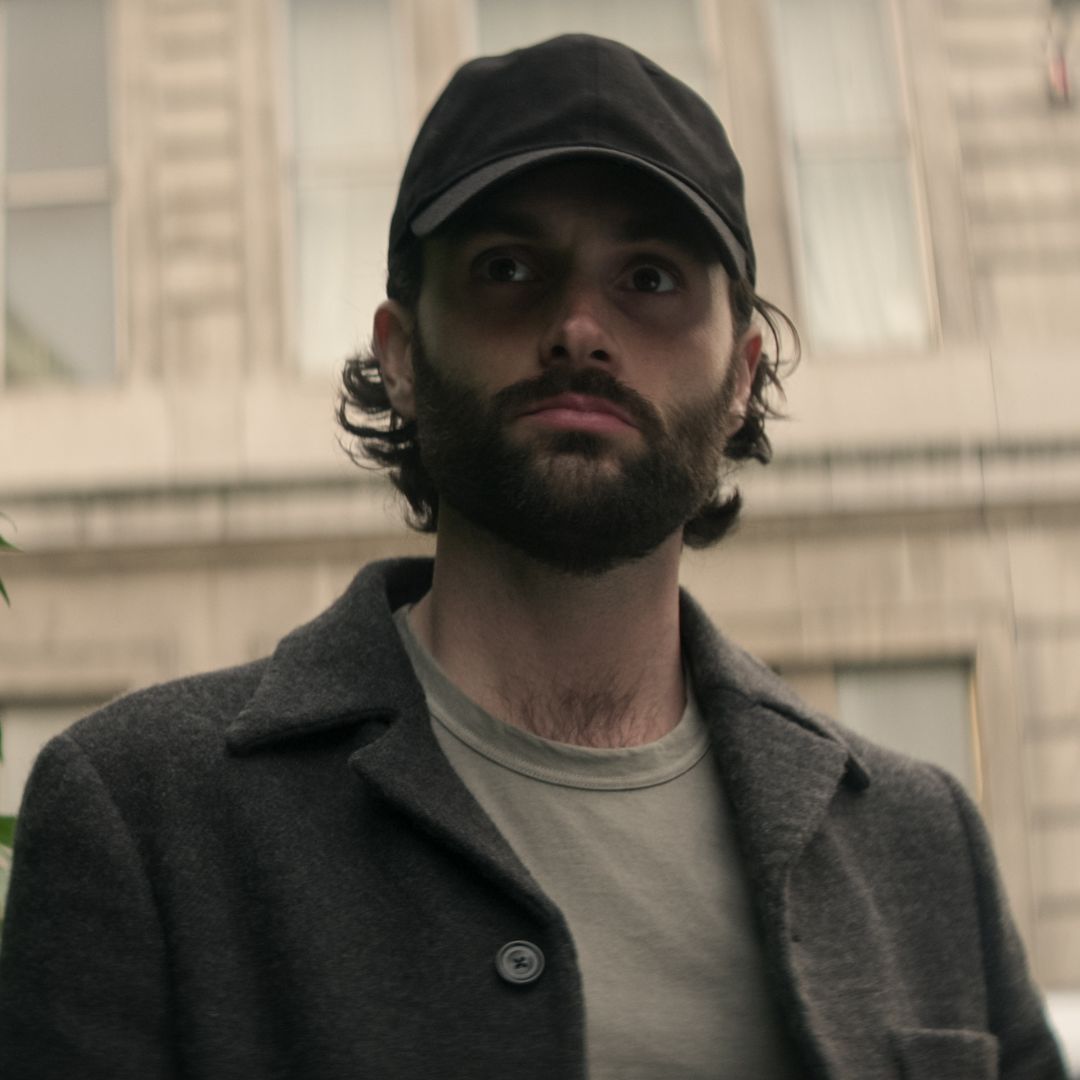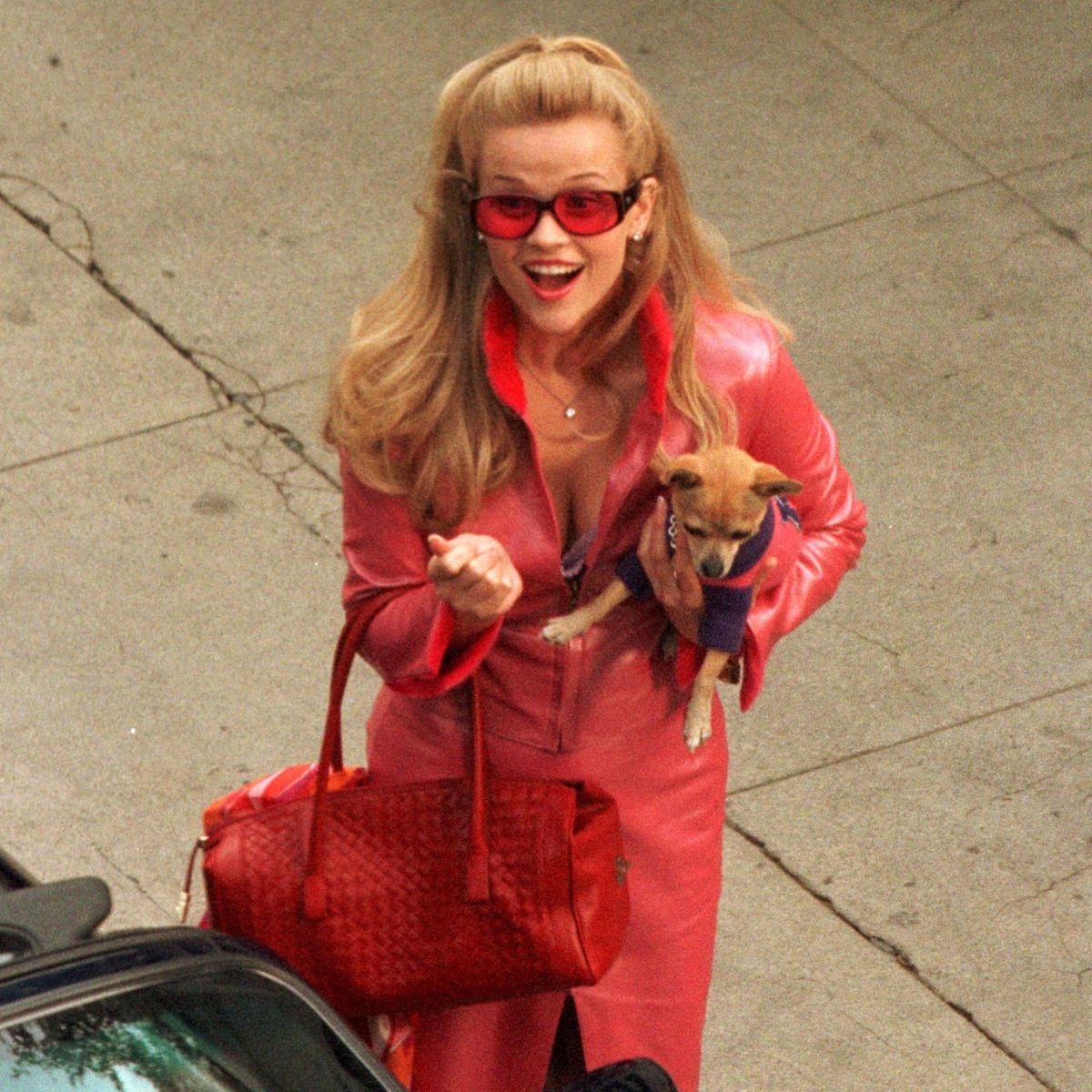I was locked in my body and given a five per cent chance of survival
When a sudden bacterial infection left mother of three Rikke Schmidt Kjærgaard paralysed, doctors feared she'd die, but her determination to live for the sake of her children pulled her through
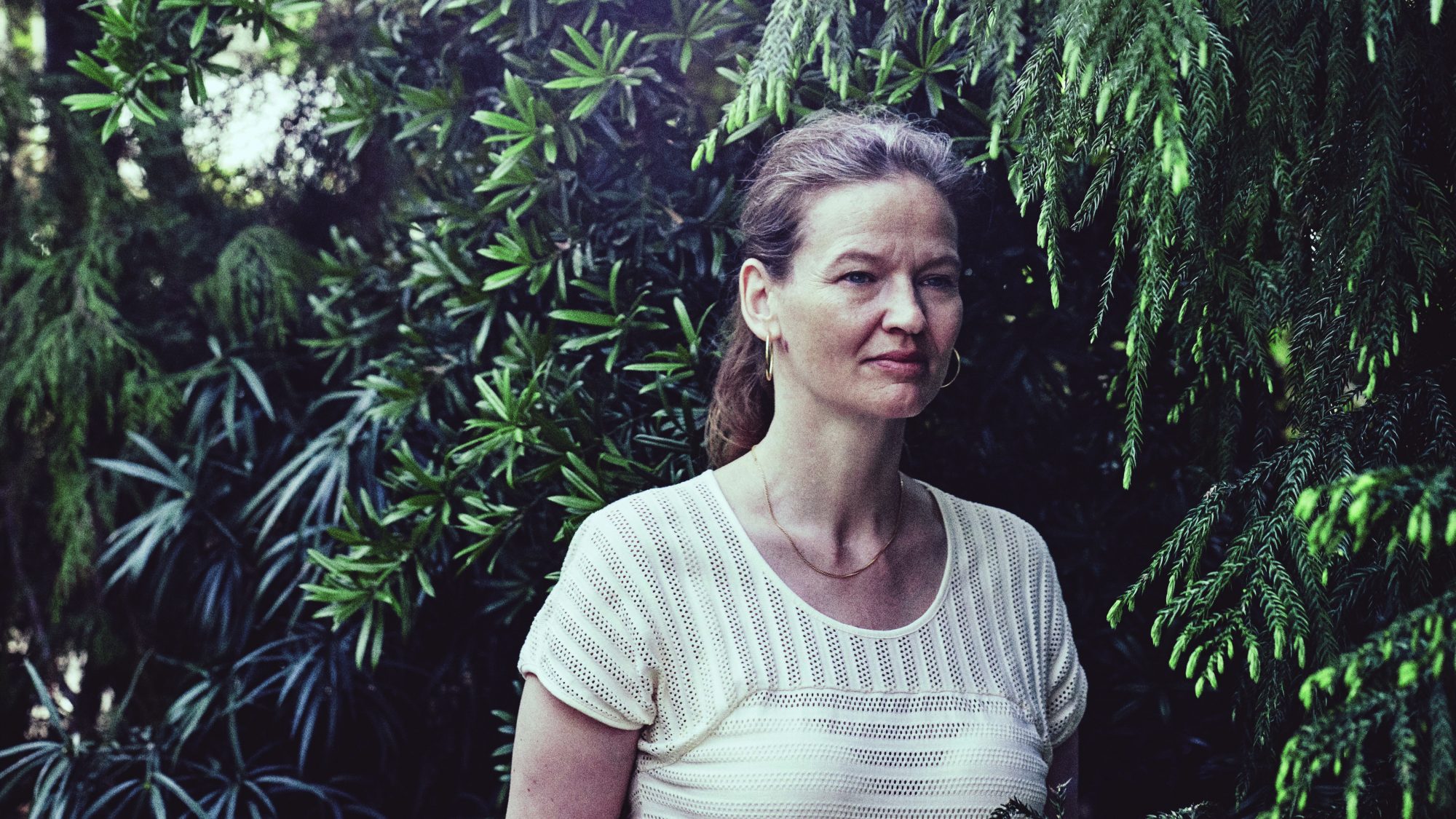
When a sudden bacterial infection left mother of three Rikke Schmidt Kjærgaard paralysed, doctors feared she'd die, but her determination to live for the sake of her children pulled her through
When you come out of a coma, there is no Hollywood moment. It’s not like you wake up one day and ask yourself, ‘Where am I?’ After spending two months unconscious, it’s a very slow process to fully come to. For me, it started with opening my eyes very slightly. I couldn’t fathom what was going on and didn’t have the energy to think about it. For the first few days, I would open my eyes for ten seconds, then doze off again for two or three hours. I couldn't make out anything in the room except blurred objects and distant voices. It was like being half asleep.
It all started when a totally unexpected bacterial infection resulted in a violent attack of meningitis, causing multi-organ failure, septic shock and paralysis. In the days leading up to becoming ill, I’d been a working scientist and healthy mother-of-three. Then, suddenly, I was locked in – I could see and understand everything that was happening around me, but couldn’t respond.
There had been no indication this was coming. It was just before Christmas and there were lots of things to do before finishing school and work for the holidays. I’d been juggling several research applications for my work in medical data visualisation, and had back-to-back meetings at the university where I was teaching students about this research, so I felt a bit more stressed than normal. But when I started to feel shivery on New Year’s Day during a walk with my husband Peter and my children, I thought I was coming down with a cold.
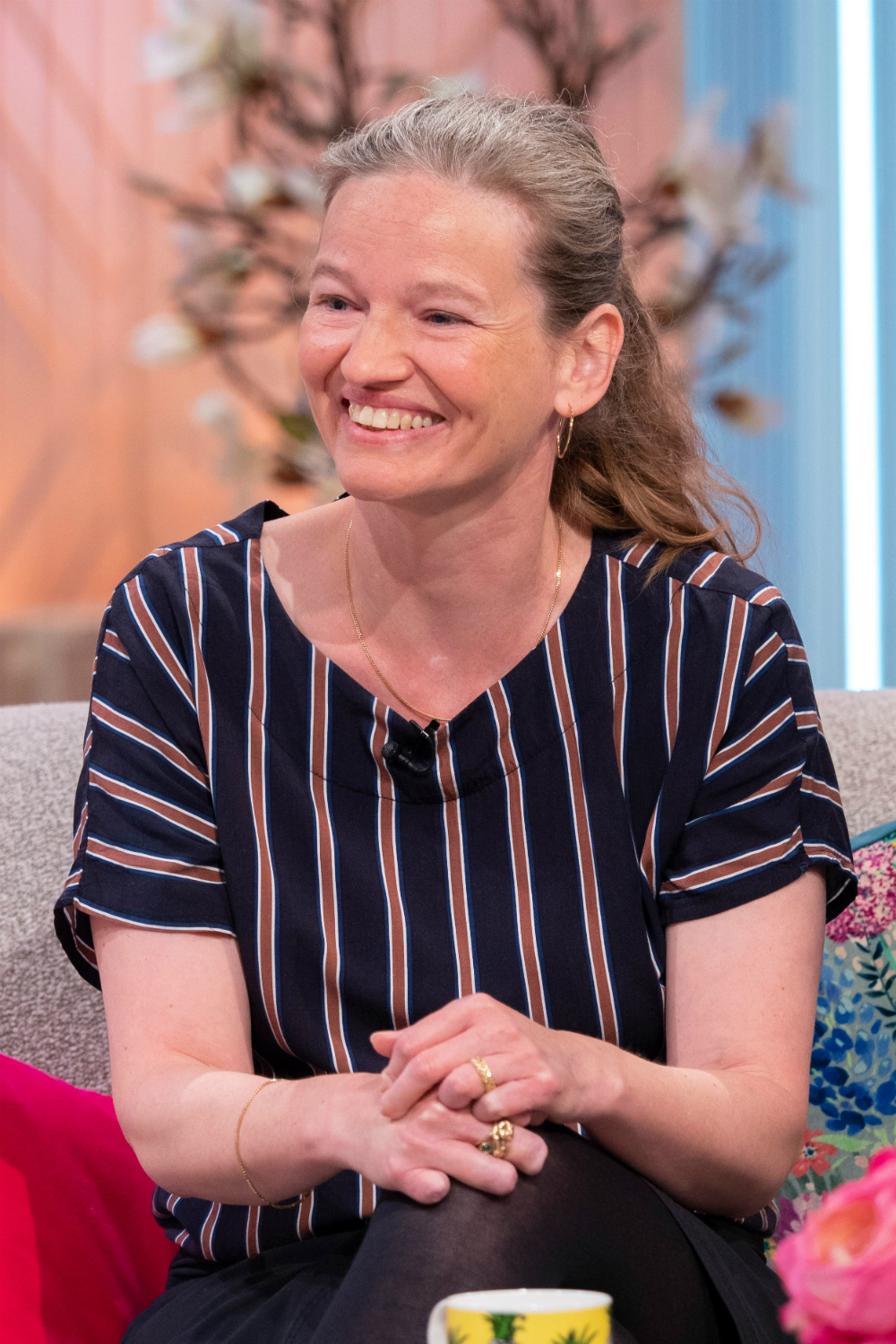
After a while, I became really chilly and told Peter I needed to go home. I ran a bath but was still so cold, it felt like I was lying in ice. I knew something was coming but, at this stage, I just thought it was flu. I asked Peter to get me some blankets and went to bed. However, after a few hours, the fever hit and I started sweating and losing consciousness, and then throwing up. At first, when the GP came to visit me, he thought it was flu, but my condition got worse. So, the following morning, when another doctor visited, he called an ambulance. It had only been 12 hours since I’d started shivering. In the ambulance on the way to the hospital, I fell into a coma and was declared clinically dead. The next thing I knew, I was in a dark place, an abyss of loneliness, a living nightmare. I could hear and see my family moving around me, but wasn’t able to communicate with them at all. As I would later learn, hundreds of blood clots had shut down the circulation in my body and a large haematoma had developed in the frontal lobe of my brain where movement, intelligence, behaviour and memory sit. For two weeks, the doctors had thought I was going to die. Peter was told to prepare himself to turn off the ventilator and organise my funeral. Our children were brought in to say goodbye – but I refused to let go.
As a scientist, I was aware of what being locked in was, but it didn’t help rationalise or make sense of the situation. Lots of thoughts went through my head in that two-week period as I drifted in and out of sleep. But the overwhelming feeling was fear. I was really scared this locked in state was to become the rest of my life, that this would be it. I thought I’d be confined to a life of paralysis, not being able to communicate or move, just lying there dependent on others and never hugging Peter or my children again.
It was a terrifying time for my children, seeing me in that state, although they each took it on different levels. The 18-year-old, Johan, was convinced I was going to die. Victoria, 14, decided not to sleep because she didn’t know if I would be there tomorrow. Daniel, the little one, couldn’t talk about it. Even now it hurts him too much. When I began to come out of the coma, it took a week to fully wake up. When I was conscious I remember looking up and seeing Peter and a friend of mine standing at the end of my bed. My short-term memory had totally gone. I slipped back into sleep, but then every time I woke up I had to have everything retold to me – where I was and what was going on. People couldn’t tell whether or not I could see or understand them. Peter was the only one who really believed I could. A nurse told me I could blink once for ‘no’ and twice for ‘yes’, and that’s how I began to communicate.
Marie Claire Newsletter
Celebrity news, beauty, fashion advice, and fascinating features, delivered straight to your inbox!
The whole thing was very painful – both mentally and physically. Even now, five years on, it’s difficult to describe. I took a lot of painkillers, but I’d get stuck in odd, painful positions and I couldn’t say anything. The mental pain was not being able to communicate. Humans are social animals and we want to engage with people. If you can’t do that, it’s a terrible feeling.
The first time I remember seeing my children again was a couple weeks after waking up from my coma. They were all trying to make me laugh. I still couldn’t communicate with them, but I recognised that they were attempting to lift my mood. The first word I said after months without speaking was ‘weird’, which just summed it up really. It’s just really weird lying there not being able talk. All my family were there to hear me say it and it was a special moment when they all laughed. My daughter responded straight away, saying, ‘It’s so you that your first word would be that.’
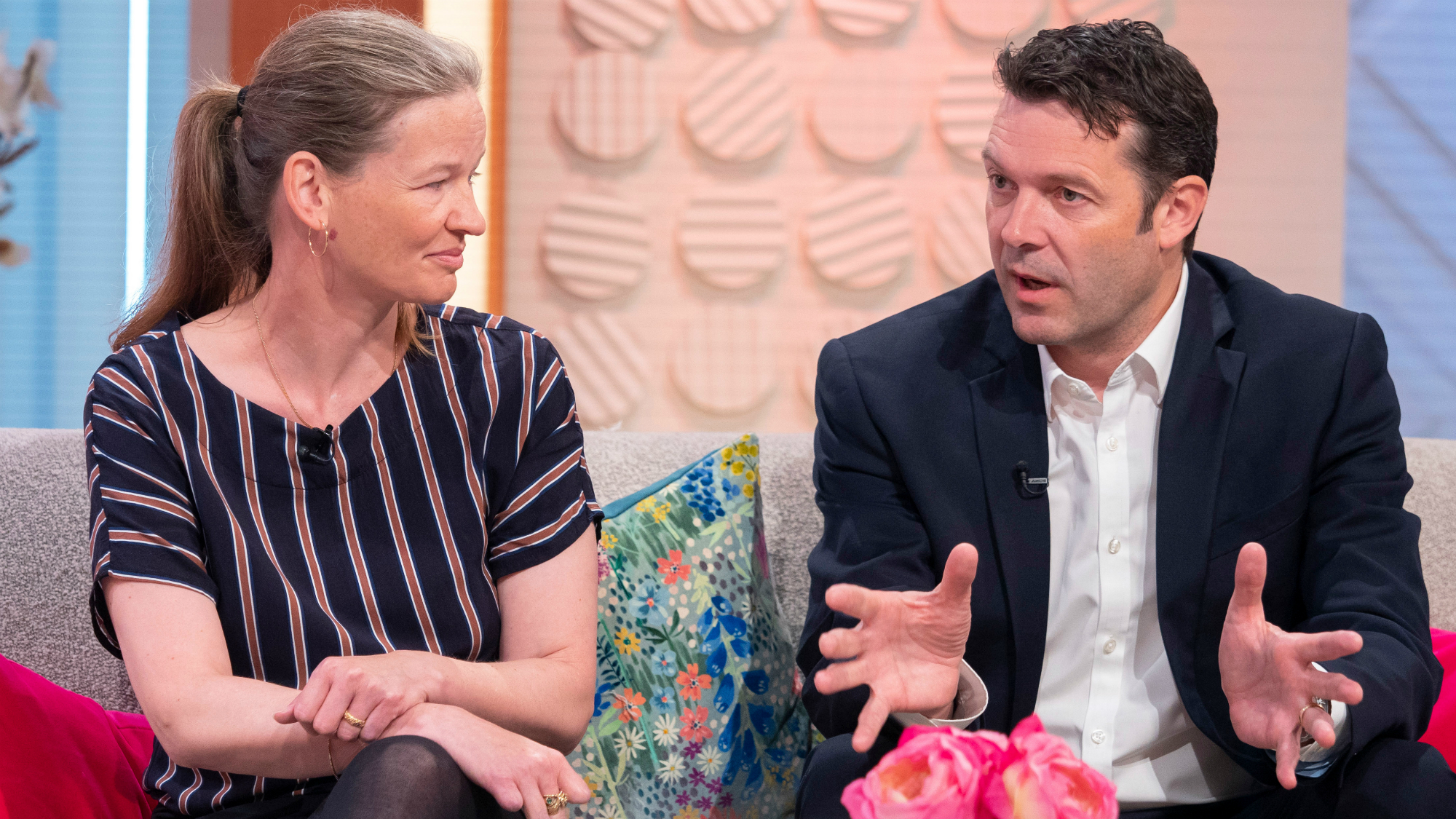
I had a five per cent chance of survival, and even then doctors thought it was likely I’d be brain-damaged if I did pull through. Streptococcus pneumoniae, the bacteria that caused my infection, is a regular one that most of us could have in us right now – picked up on the bus or in a supermarket – and normally we would just get a cold or, if you were unlucky, pneumonia. I was extremely unlucky. The reason I got so ill was also, as doctors discovered, because I didn’t have a spleen, which usually helps filter the blood. No one knows why. Peter was convinced I’d survive. He couldn’t fathom living without me and couldn’t go through what happened without believing I’d come out the other side as the person I had once been.
Today, I’m not exactly who I was before. I’ve had to learn everything again, including how to drink and eat without it going down the wrong tube. I lost weight, almost all of my hair, and most of my fingers had to be surgically removed because the septic shock from the bacteria caused blood clots, which stopped circulation in my extremities. I also lost the sight in my left eye. But, being a scientist and a positive person have helped me through when all seemed lost.
Facing the reality of death has transformed the way I see my life. Since then, I have learned to enjoy and appreciate everything that I’m able to achieve. I have used my scientific training to study the bacteria, and my personal experience to understand what it takes to fight for your life and your health – and how important it is not to lose control of your own recovery. Most importantly, I have arrived at a deep sense of gratitude for even the simplest things in life; how lucky I am to be here at all and to see my children grow up. I made the big decision to stop teaching and instead set up the Danish Science Club, a mentoring programme, with some colleagues. Life is precious and it was important for me to make my life and job reflect this. I now dedicate every single day to making the most of it for myself and for others.
The Blink Of An Eye by Rikke Schmidt Kjærgaard (£16.99, Hodder & Stoughton) is out now
The leading destination for fashion, beauty, shopping and finger-on-the-pulse views on the latest issues. Marie Claire's travel content helps you delight in discovering new destinations around the globe, offering a unique – and sometimes unchartered – travel experience. From new hotel openings to the destinations tipped to take over our travel calendars, this iconic name has it covered.
